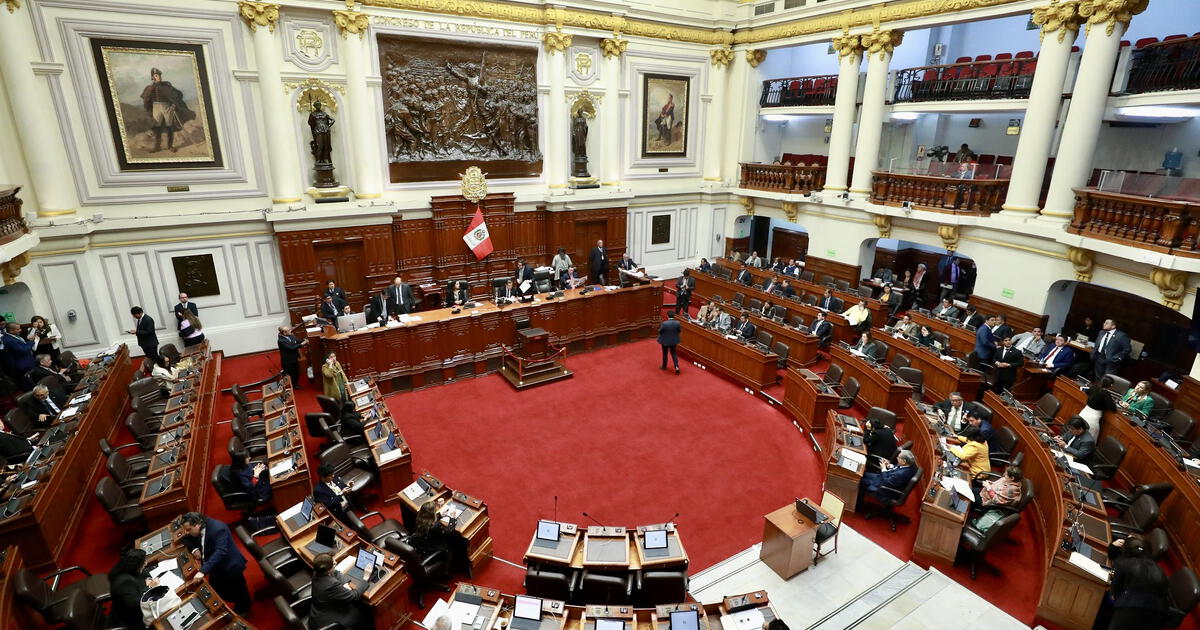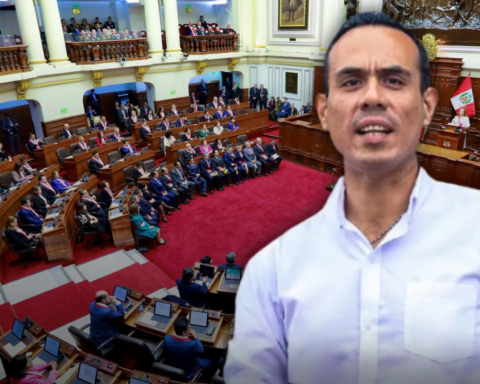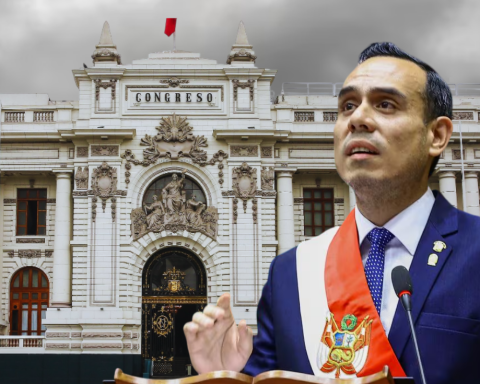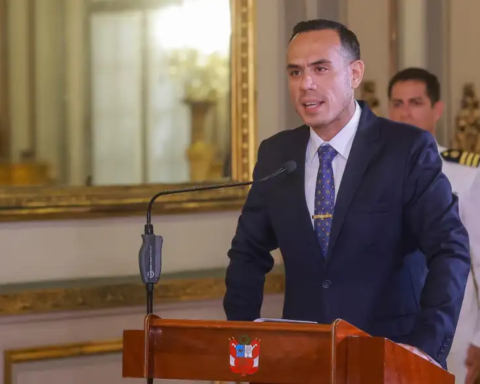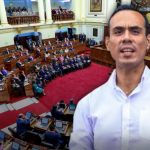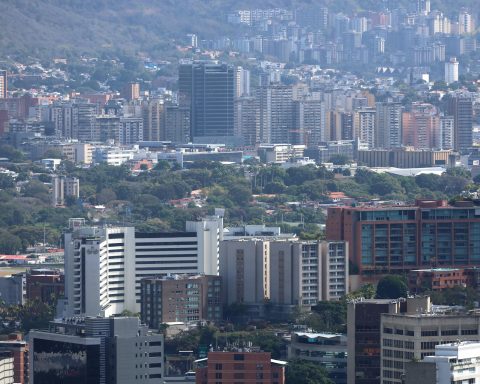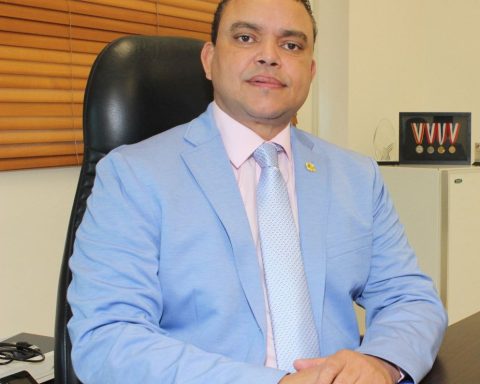With 69 votes in favor, the Congress Plenary passed a motion calling on Executive powerthe Constitutional Court (TC), the Judiciary, the Public Ministry and the Ombudsman’s Office to present a draft law within a period of no more than 20 days. justice system reform and penitentiary.
The motion had been presented by the bench of Popular Force and had the support of the parliamentary groups of Perú Libre, Alianza Para el Progreso (APP), Podemos Perú, Acción Popular, Renovación Popular, Bloc Magisterial, Avanza País and Somos Perú.
The groups that opposed were the Popular Democratic Bloc, Together for Peru – Voices of the People, Socialist Bank and Honor and Democracy.
In the debate, the parliamentarian of the Popular Democratic Bloc, Ruth Luque, questioned that the reform of the judicial and penitentiary system is led by the Dina Boluarte regime. “I am against delegating this to an inoperative Government. A group of groups will move a series of reforms to suit them. Dina Boluarte’s Government is a puppet in this story,” he said.
His colleague from Renovación Popular, Alejandro Muñante, came out in defense of this proposal. “They oppose everything that has to do with laws. Of course it is Congress that is responsible for issuing laws. It is not disproportionate for them, at a dialogue table, to present a bill,” he alleged.
This is not the first time that the authoritarian coalition of Congress has sought to expressly reform the justice system.
Reform of the justice system in the crosshairs of Congress
In December of last year, in the midst of the scandal over Patricia Benavides case, Fuerza Popular promoted a motion to create a multiparty commission that in 45 days present a proposal to reform the National Board of Justice (JNJ)Judicial Branch (PJ) and Public Ministry.
The project was rejected in plenary session. He Fujimorist Fernando Rospigliosi He tried to save the initiative with a reconsideration, but without success.
For his part, APP congressman Roberto Chiabra presented a project for Congress to be in charge of appointing, ratifying and dismissing judges and prosecutors. This proposal did not prosper either.
In January of this year, the president of the Judiciary, Javier Arévaloafter knowing those proposals He spoke out against it.
“We are concerned about two issues: a parliamentary motion that aims to create a high-level commission to reform the justice system and a bill on the way to separate judges and prosecutors,” Arévalo said in the presence of the president. Dina Boluarte and the first vice president of Congress, Arturo Alegría, from Fuerza Popular, during the beginning of the judicial year.
Now, through a motion, prepared by the Fujimorist parliamentarian Arturo Alegríathe Executive and other institutions must present a reform proposal, in the midst of the chaos that the country is going through due to citizen insecurity.
